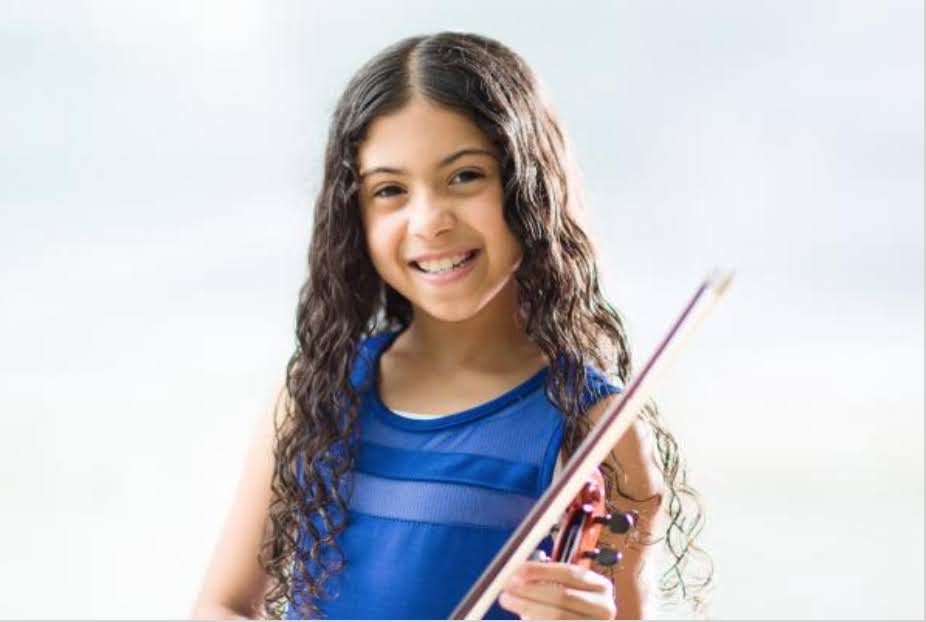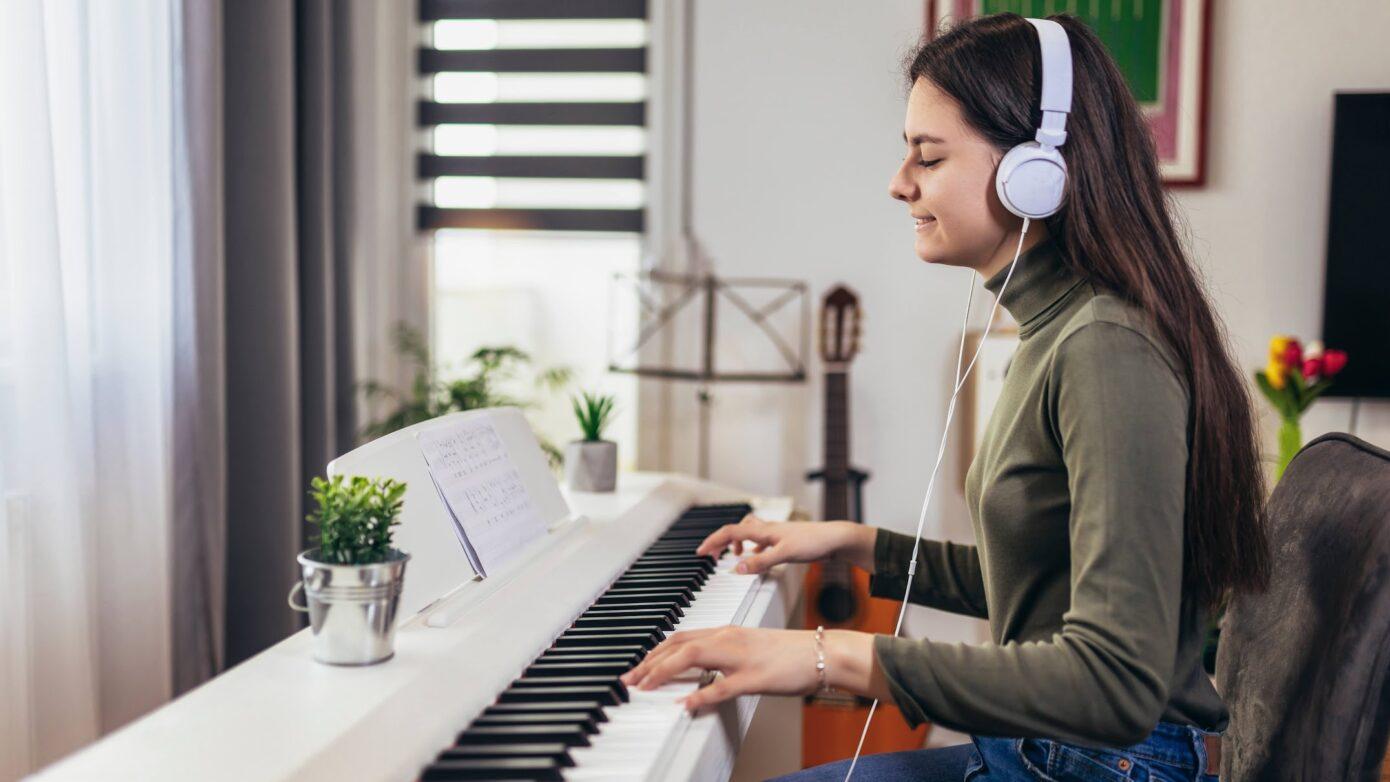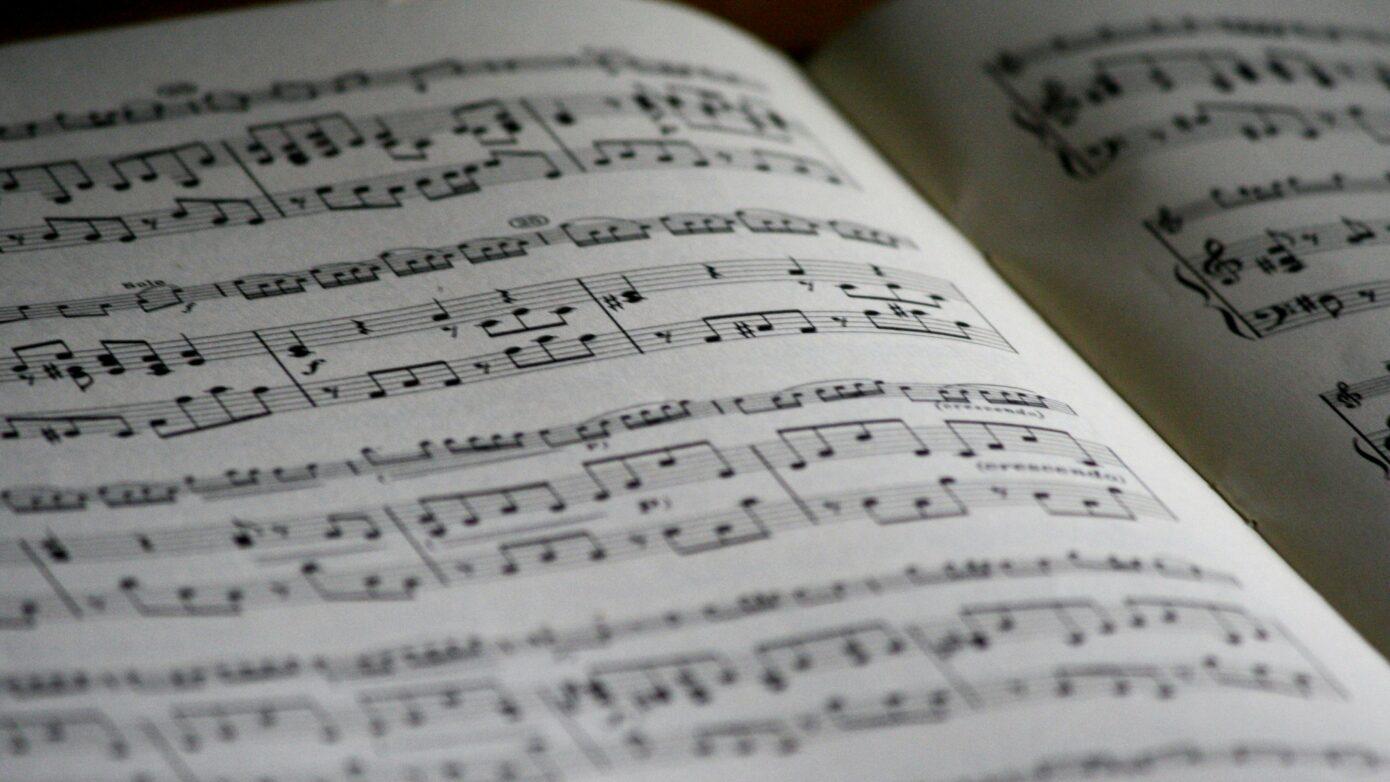The Royal Conservatory of Music (RCM) is a rewarding, world-renowned program for those looking to advance their musical journey. The mission of RCM is to develop human potential – it is based on the conviction that the arts are humanity’s greatest means to achieve personal growth and social cohesion. At The Music Loft we will guide you through the RCM musical education programming. Whether you are seeking piano, violin, or singing lessons, the RCM program paves the way for you to master your instrument.
3 Benefits of RCM Lessons Near Reston
- Structured Learning: This method provides courses that provide guidance for the students, whether at a basic level or an advanced level of training and difficulty. No matter the age or skill level, the RCM program offers you a structured learning experience in your piano lesson.
- Flexibility and Customization: The program provides students with a structured curriculum but also leaves room for customization and flexibility. It is vital for students to be interested in what they are learning, and with this flexibility, students are found to be more excited about their lessons. Each examination level is packed with interesting and fun musical selections, etudes, scales, music theory, and ear training.
- Recognition and Accreditation & Lifelong Music Skills: The RCM program provides students with a certificate and diploma that are well-respected and recognized in music academia. Students taking on this program and achieving a high level of RCM examination have open doors to opportunities to further their musical education or performance opportunities. The diploma is internationally renowned and gives students a strong advantage when choosing a career. Beyond the certificates and diplomas, students complete the RCM program with life-long music skills stretching beyond the practice room.
Start Your Student on RCM Piano Lessons near Reston
The RCM Certificate Program includes repertoire, studies, sight-reading, ear training, technique, and theory wrapped into a structured curriculum used to assess the student’s progress with their musical growth. Following the completion of each level, students earn certificates of achievement to progress through the levels. We offer free trial lessons and have numerous RCM teachers to pick from. Enroll today to start your child’s musical journey.





